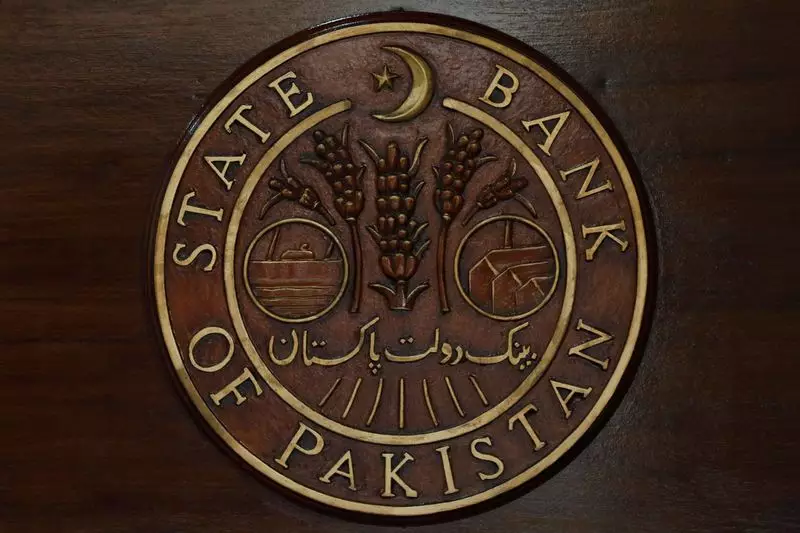Pakistan’s central bank has recently announced the repayment of $1 billion in Eurobonds, marking a significant step in the country’s financial landscape. The bond, originally launched in 2014, reached maturity this month, prompting the repayment process. This repayment comes at a critical time for Pakistan, as it seeks a long-term bailout from the International Monetary Fund to address its economic challenges.
The central bank confirmed that the $1 billion payment was made to the agent bank, who will then distribute the funds to the bond holders. This payment demonstrates Pakistan’s commitment to honoring its financial obligations, despite facing a range of economic difficulties including a balance of payments crisis, record inflation, and steep currency devaluation in recent years.
As Finance Minister Muhammad Aurangzeb prepares to travel to Washington for the IMF-World Bank spring meeting, discussions around Pakistan’s 24th long-term IMF bailout are set to commence. The previous IMF standby arrangement of $3 billion, which helped avert a sovereign default, has expired. The final tranche of $1.1 billion from this arrangement is expected to be released following the upcoming board meeting of the IMF.
The negotiations between Pakistan and the IMF will focus on the implementation of necessary policy reforms to address key areas such as deficits, reserves, and debt servicing. These reforms are crucial for Pakistan to regain financial stability and build a sustainable economic future. Prime Minister Shehbaz Sharif has been briefed on the new IMF programme, indicating a unified government effort to tackle the country’s financial challenges.
The repayment of $1 billion in Eurobonds serves as a reminder of the complex financial landscape in which Pakistan operates. As the country navigates its ongoing economic struggles, collaborations with international partners such as the IMF play a crucial role in shaping its future. Through prudent financial management, strategic policy reforms, and effective negotiations, Pakistan aims to overcome its financial hurdles and pave the way for long-term economic stability.

